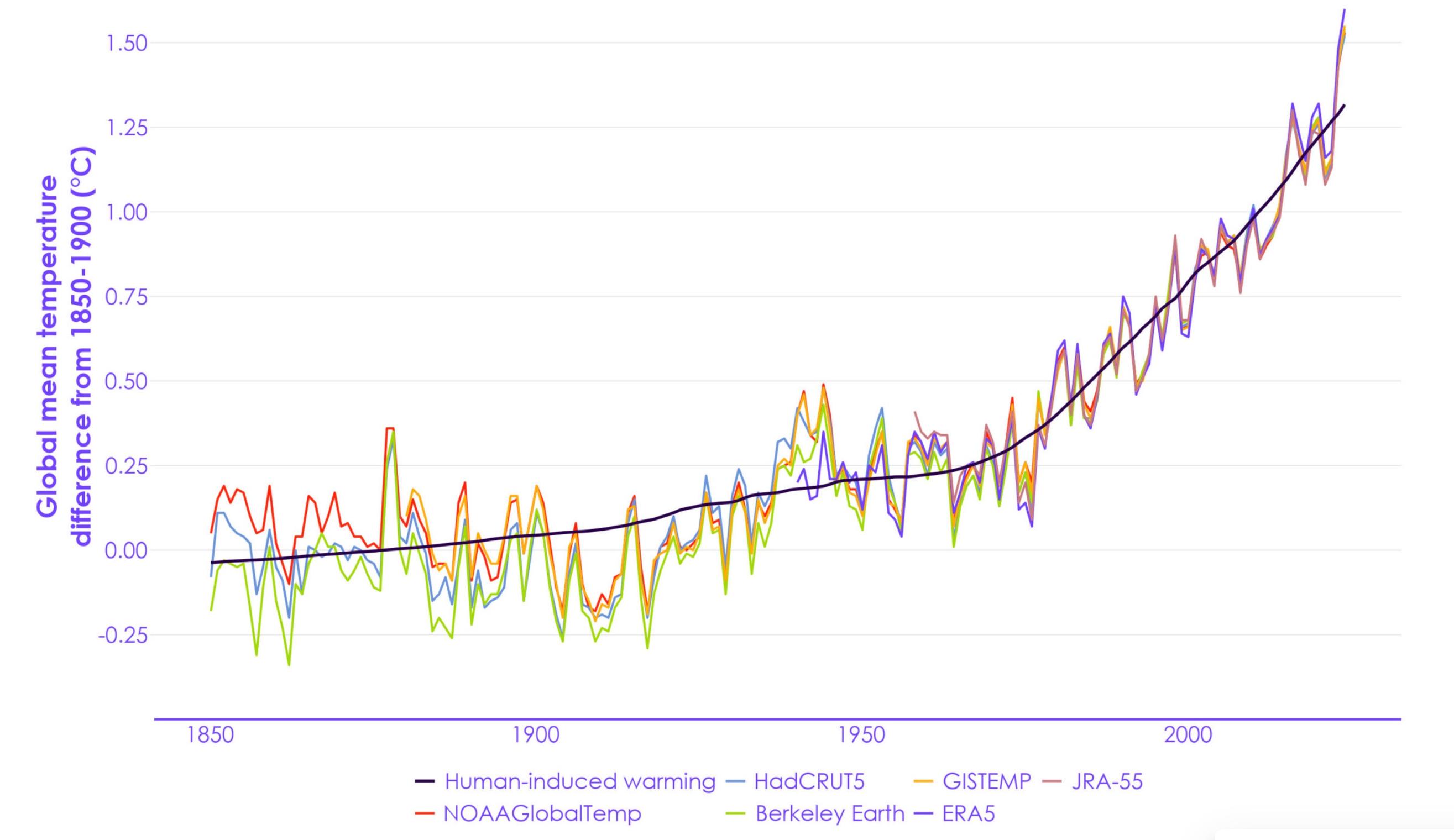

More than a third of railway and road kilometres in the UK are currently at flood risk, and this could rise to around half by 2050, warns the Climate Change Committee (CCC).
Increasing flood risks, associated with wetter winters and more intense summer rainfall, will put infrastructure systems, including transport, electricity and water, at risk of failure without sufficient defences, the committee says in its latest progress report to the Government.
It also says that extreme heat can cause disruption to transport systems, with risks of rail buckling and associated speed restrictions.
All modes of transport are interdependent with other infrastructure sectors, particularly the energy, water, and telecoms and ICT sectors, says the CCC. “However, evidence of adaptation action to manage these risks was limited to isolated examples of installing backup power generation and collaboration with relevant stakeholders.”
Infrastructure systems are increasingly electrified and climate impacts and failures in one system can have “cascading impacts” across many others, the CCC points out.
“Demand for electricity for cooling increases alongside reduced efficiency of electricity distribution due to power line sagging. Increasing drought risk, alongside population growth means that water will have to be managed more efficiently.”
It notes that resilience for the rail and road network is variable. “Most are stagnant at a low level or moving in the wrong direction,” the CCC warns. “There is still no quantitative data available to assess progress for airports, ports, or interdependencies.”
The UK’s rail network reported increased delays in 2023/24 compared with 2022/23 – particularly as a result of flooding, the CCC found. “This is likely at least in part related to differences in weather between the two years. Year-to-year weather variability makes it difficult to discern the impact of adaptation actions directly in this time series. However, delays due to heat seem to be showing an increasing trend.”
Minutes of delay on the strategic road network due to weather-related incidents have decreased since 2023, but are highly variable year-on- year, CCC’s research showed. But it added: “The share of roads susceptible to flooding has gone up, due to flooding events in 2022/23 exceeding road design capacity.”
National Highways met its target for the condition of pavements in the strategic road network, which “provides a partial picture of vulnerability to weather extremes”. Roads with poor pavements are more difficult to navigate in extreme weather, and roads in poor condition are likely to be more at risk of damage during extreme weather events, says the CCC.
The Government’s Third National Adaptation Programme (NPA3) has been ineffective in “driving the critical shift” towards preparing for climate change. Efforts by the infrastructure sectors to adapt to climate change are either too slow, have stalled, or are “heading in the wrong direction”, states the committee.
“Our assessment finds little evidence of a change of course. The slow pace of change indicates that adaptation is not yet a top priority across government.”
The CCC recommends four areas of action to raise the profile of adaptation across the Government:
• Improve objectives and targets, with the Government clearly setting out it role alongside the roles the private sector and households in delivering and funding adaptation.
• Improve coordination across government. Greater coordination across activities, spending decisions, sectors, and departments is required. Government adaptation efforts must be better linked with wider resilience planning.
• Integrate adaptation into all relevant policies. The next Spending Review needs to ensure that climate adaptation planning is supported with sufficient resources across government.
• Implement monitoring, evaluation and learning across all sectors. Adequate monitoring and evaluation, underpinned by regular data collection and reporting, is essential to track climate impacts and the effect of adaptation measures at a national level.
Progress in adapting to climate change: 2025 report to Parliament

TransportXtra is part of Landor LINKS
© 2025 TransportXtra | Landor LINKS Ltd | All Rights Reserved
Subscriptions, Magazines & Online Access Enquires
[Frequently Asked Questions]
Email: subs.ltt@landor.co.uk | Tel: +44 (0) 20 7091 7959
Shop & Accounts Enquires
Email: accounts@landor.co.uk | Tel: +44 (0) 20 7091 7855
Advertising Sales & Recruitment Enquires
Email: daniel@landor.co.uk | Tel: +44 (0) 20 7091 7861
Events & Conference Enquires
Email: conferences@landor.co.uk | Tel: +44 (0) 20 7091 7865
Press Releases & Editorial Enquires
Email: info@transportxtra.com | Tel: +44 (0) 20 7091 7875
Privacy Policy | Terms and Conditions | Advertise
Web design london by Brainiac Media 2020